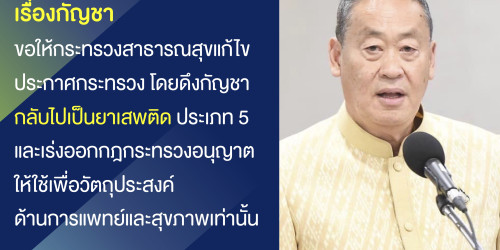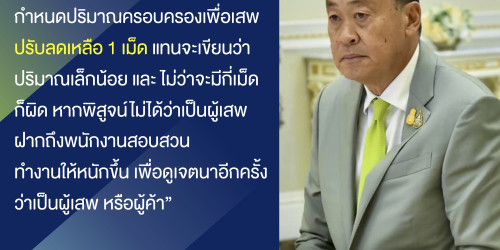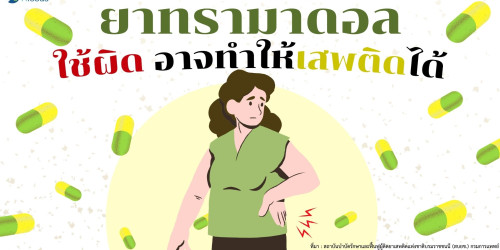Bangkok Post-Thailand's medical industry has become known worldwide for its high quality and relatively inexpensive service; so much so that insurance companies in developed countries such as the US have begun to provide coverage for policyholders to have their operations performed in Thailand's top-notch private hospitals. A visitor to Bumrungrad Hospital, for example, would be forgiven for thinking they were in Dubai, Delaware or Dusseldorf. As with any of those cities, the majority of patients walk away completely satisfied with the medical care received and the procedure's results. However, on rare occasions a patient is dissatisfied, and sometimes that dissatisfaction is considered the result of negligence on behalf of the doctor.
In many countries a patient who suffers as a result of medical negligence can seek legal compensation for the resulting injuries.
There is a fine balance that must be struck between permitting patients to have a remedy against doctors for negligence while at the same time encouraging physicians to practise their profession to the best of their abilities in inherently stressful situations.
Societies want medical professionals to be motivated to engage in best practices, occasionally taking calculated and informed risks, with their patient's welfare as the paramount concern, but do not want malpractice insurance rates and defensive medical practices to stifle patient care and the entry of doctors into all aspects of the profession. Over the next two weeks, we will examine how Thailand is attempting to balance these objectives, and what remedies a patient has if they are the victim of medical malpractice.
Medical malpractice can be defined as professional negligence by an act or omission of a health care provider in which the treatment provided falls below the accepted standard of practice in the medical community and causes injury or death of the patient. This includes the failure to correctly diagnose, failure to provide the necessary treatment, as well as the failure to warn the patient of possible health risks.
In Thai law, medical malpractice lawsuits can be brought in both civil and criminal court. Instances of medical malpractice are considered "wrongful acts" under section 420 of the Civil and Commercial Code, and must be brought within one year from the date in which the injury became known to the victim.
According to legal provisions that address the medical industry, a doctor must deliver his or her "best practice" to the patient. If the doctor fails to do so, this could be grounds for prosecution. Best practice does not mean the absolute best service or treatment, but instead rests on the best practice available at the time, including the accessibility of medications. If the facilities available at the time are unsuitable to provide adequate care, the law requires that the doctor transfer the patient to facilities that do.
In a criminal case, medical malpractice falls under sections 288-305 of the Thai Penal Code as offences against life and body. The statute of limitations to bring a criminal suit is dependent on the severity of the injury; ranging up to 20 years in the case of a patient's death. Examples of the relevant sections and their corresponding penalties are listed below:
Section 291: Negligent act which has caused death _ imprisonment for not more than 10 years and a fine of not more than 20,000 baht.
Section 300: Negligent act which has caused grievous bodily harm _ imprisonment not more than three years and/or a fine of not more than 6,000 baht.
(Grievous bodily harms are, among other things, causing deafness or blindness; cutting of the tongue; loss of genital organs or reproductive ability; loss of an arm, leg, hand foot, finger or any other organ; permanent disfiguration of the face; abortion; permanent insanity; infirmity or chronic illness; infirmity or illness causing the victim to be in severe bodily pain for over 20 days or unable to follow the ordinary pursuits for over 20 days).
Section 390: Negligent acts which have caused bodily harm, or mental harm _ imprisonment not more than one month and/or a fine of not more than 1,000 baht.
Those who are members of the Thai universal healthcare system under the National Health Security Act BE2545 (2002) who have suffered as a result of potential medical malpractice have the right to file a request for "payment for initial support", which can also be described as "no-fault compensation" because payment to rectify an alleged incident of medical malpractice can be received without an official admission by the doctor or hospital that any wrongdoing took place.
The Subcommittee on Determining Initial Support Payment does an internal inquiry and awards patients compensation, provided that they received the medical care in question from one of the hospitals within the universal healthcare system. This option is only available to those within the universal healthcare system who qualify for such compensation; all others must pursue rectification through the judicial system or directly with the doctor or hospital.
Even after filing for, and receiving "payment for initial support", patients who think they were victims of medical malpractice still have the option of seeking additional remedy through civil and/or criminal courts.
The compensation rates for incidents of medical malpractice that took place from Oct 1, 2012, onwards are listed below (for prior incidents, rates are 50% those listed):
Death or permanent infirmity: Not more than 400,000 baht.
Disability or loss of organs: Not more than 240,000 baht.
Chronic disease or illness: Not more than 100,000 baht.
Now that you know and understand the laws that govern medical malpractice, next week we will look at oversight within the medical community, what happens when a medical malpractice lawsuit is brought to court, and finally what (if any) steps are being taken by the government to protect potential victims of medical malpractice.
By,
Angus Mitchell (angus.mitchell@dfdl.com), Matthew Christensen (Matthew.C@dfdl.com) and
Kraisorn Rueangkul (kraisorn@dfdl.com) of DFDL Legal and Tax. For more information visit www.dfdl.com.
Source: Bangkokpost July 14, 2013
- 13 views








